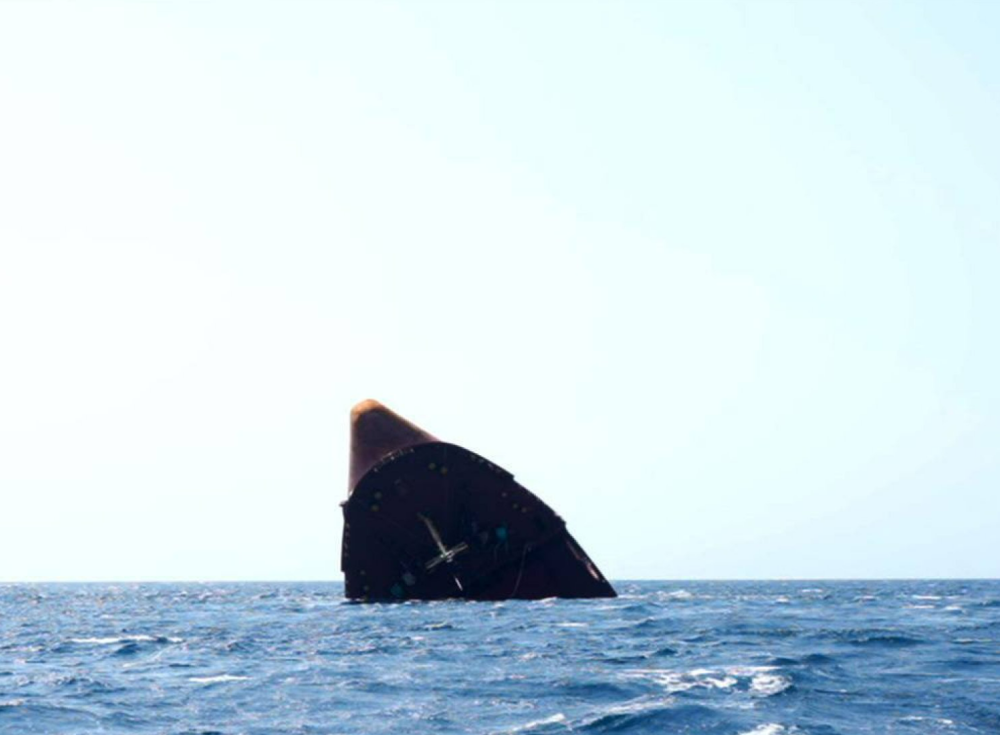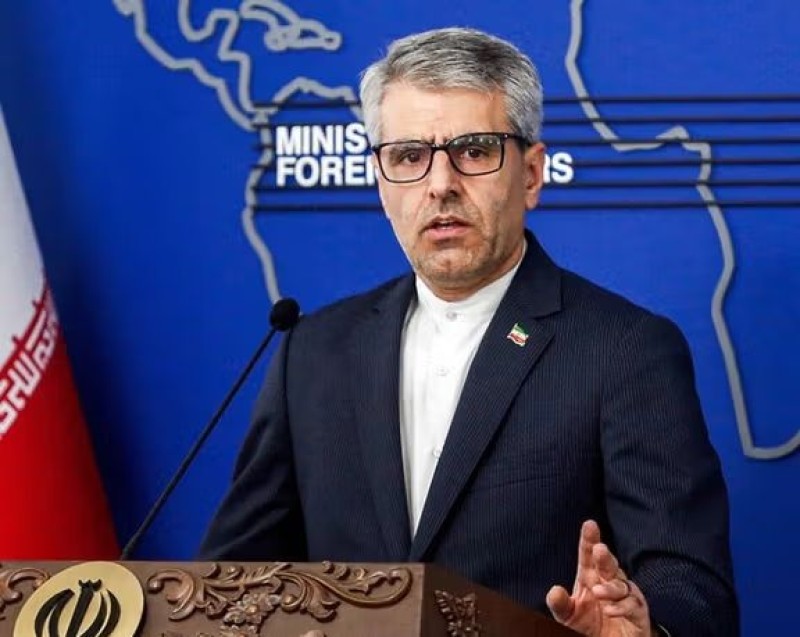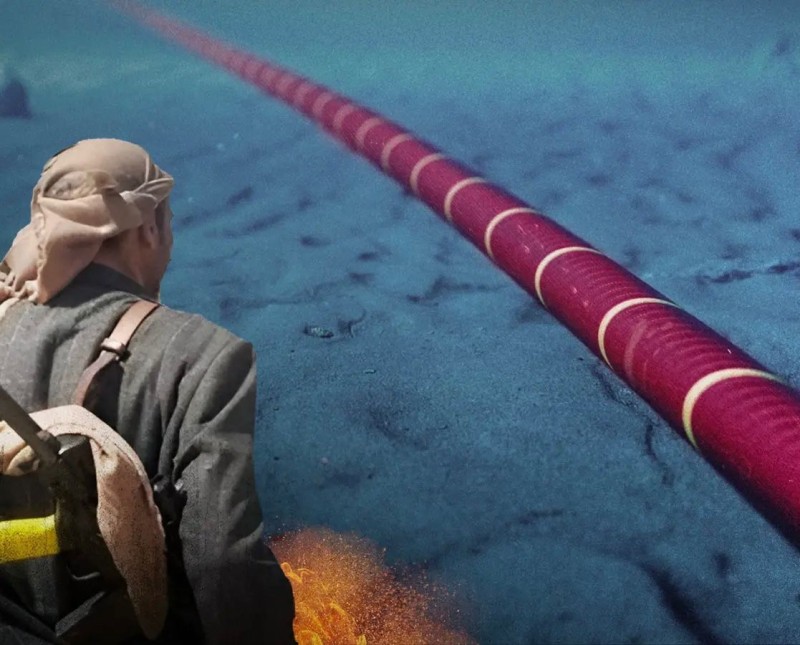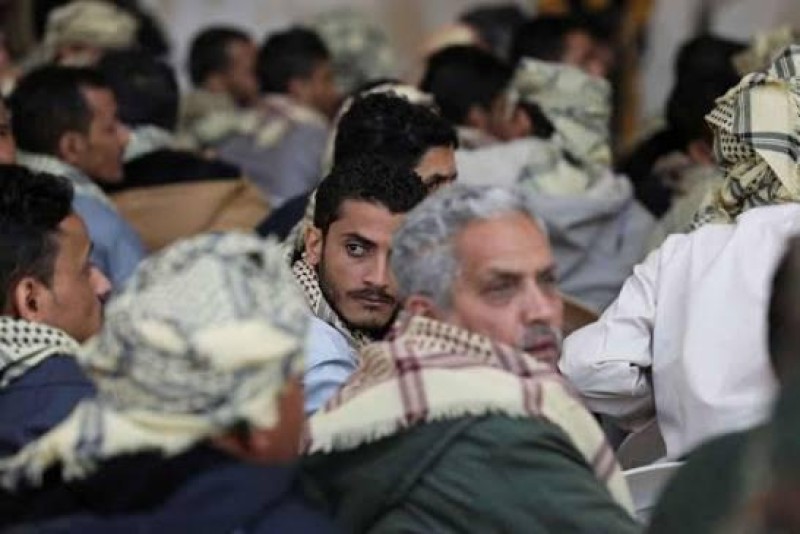Rubymar Follows SAFER’s Fate...6 Months Needed to Consider its Recovery


Well-informed Yemeni government sources told Asharq Al-Awsat that a joint plan was approved by representatives of the government and United Nations experts to deal with the Rubymar British vessel, which sunk off the coast of Mocha in February.
According to sources, Yemen is facing a new environmental disaster that will require international cooperation and funding, in order to limit the risks of leakage of the ship’s cargo and pollution of the marine environment, in a case that reminds of the SAFER oil tanker, which was carrying more than one million barrels of crude oil.
The sources noted that Yemen has not yet eliminated the risks of environmental pollution resulting from the leakage of the remainder of the cargo of SAFER, because the Houthi militia prevented the UN teams from completing the last stage of the rescue operation, which is cleaning its tanks and then towing them to a nearby port.
The Yemeni-UN plan - according to government sources - will be limited in its first phase to monitoring the level of pollution caused by Rubymar in the area of its sinking up to the Yemeni coast, due to the current turbulent sea condition and the presence of strong currents.
The second phase of the plan will start in six months and will deal directly with the ship, either by unloading its cargo, or by salvaging it and towing it to a nearby port for repair. But the sources indicated that the second phase will require the presence of international funding, and the assistance of a specialized company in maritime rescue, similar to the Dutch company that undertook the task of rescuing SAFER.
The sources expressed their concern over the long process, recalling the complications that faced the rescue of the dilapidated tanker, as it took about two years to reach an agreement on the case and collect the necessary funds, due to the Houthis’ obstinacy and their opposition to the plan proposed by the United Nations.
The media center of the Yemeni Ministry of Water and Environment reported that a joint meeting between the Crisis Management Cell of the stricken ship Rubymar, headed by the Minister of Water and Environment Tawfiq Al-Sharjabi, in the presence of the Minister of Legal Affairs and Human Rights Ahmed Arman, discussed the presentation submitted by the UN experts on evaluating the response plan.
The meeting also discussed the potential risks of oil or fertilizer leakage, the extent of their impact on the Yemeni coasts and islands and the proposed solutions, as well as the treatment mechanism, legal advice, and projected scenarios, with the participation of the UN and active international partners.

Tehran — Iranian Foreign Ministry spokesman Ismail Baghaei has voiced concern over the latest developments unfolding in Yemen, particularly i…

A new media report has revealed that Google is embarking on a major subsea cable initiative, dubbed Blue Raman, in a strategic move to establish a…

Muscat – Thousands of Yemeni families are anxiously watching the ongoing prisoner exchange talks in Muscat, Oman, hoping for a breakthrough t…